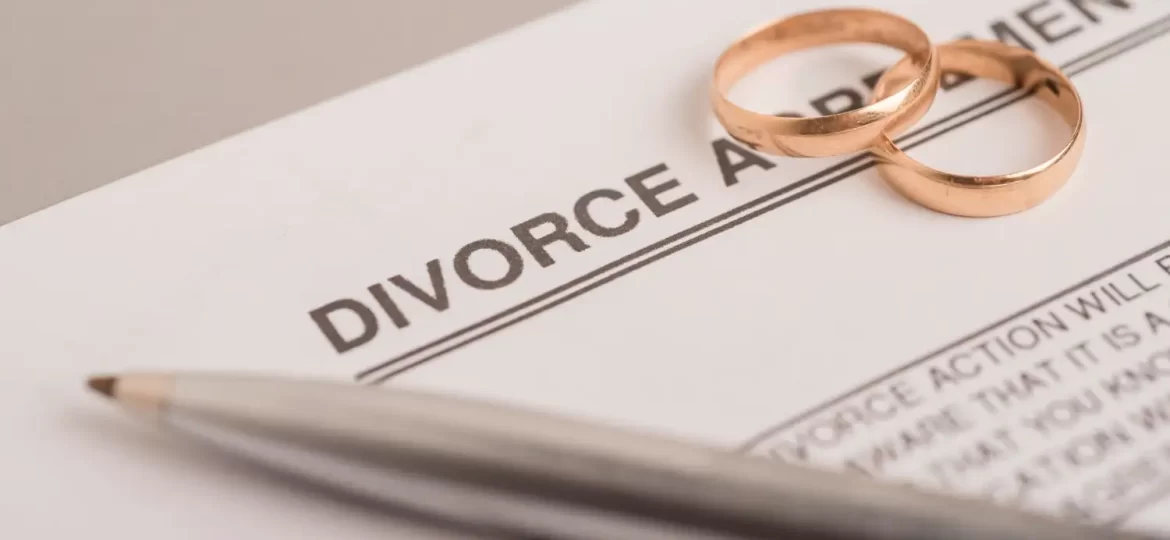
If you are a non-Muslim resident of the UAE who is married under Indian personal law, you can either petition for divorce under the UAE Personal Status Law for Non-Muslims or use the law of your own faith. The Personal Status Law for Non-Muslims of the United Arab Emirates (UAE) governs this situation, since it applies to both UAE nationals of non-Muslim faith and foreign nationals residing in the country.
In the United Arab Emirates (UAE), if you are not Muslim, you can use the divorce, custody, and alimony provisions of Indian personal law based on your faith. The following statutes may be relevant:
Divorce, alimony, and child custody are all areas where the Hindu Marriage Act of 1955 can be applied by Hindu, Sikh, Jain, and Buddhist couples. Minor child guardianship issues are governed under the Hindu Minority and Guardianship Act of 1956.
The Indian Divorce Act of 1869 governs divorce, alimony, and child custody for Indian Christians.
The Parsi Marriage and Divorce Act of 1936 governs divorce, alimony, and child custody for Parsis living in India.
Any Indian couple who legally married in accordance with the Indian Special Marriage Act of 1954 is subject to the same laws regarding divorce, alimony, and child custody. If you or your partner do not want to be bound by religious law, or if you and your partner practice different faiths (excluding Islam), this law will protect you.
The Indian Special Marriage Act of 1954 governs divorce, alimony, and child custody for Indian nationals who marry abroad under the Indian Foreign Marriage Act of 1969 before a marriage officer (often at the Indian Embassy or Consulate General).
The judgment issued by the UAE court may not be valid in India or could be challenged by either party in India if the applicable Indian personal laws are not applied by either party or both parties in the plea for divorce, alimony, and custody of a child in the relevant Personal Status Court in the UAE. Section 13 of India’s Civil Procedure Code details the requirements that must be met before a foreign judgment can be enforced in India.
To seek a divorce and settle concerns pertaining to alimony and child custody in the UAE, an Indian Muslim would likely need to follow the Sharia processes and the provisions of the UAE Personal Status Law.
Request a Free Consultation


